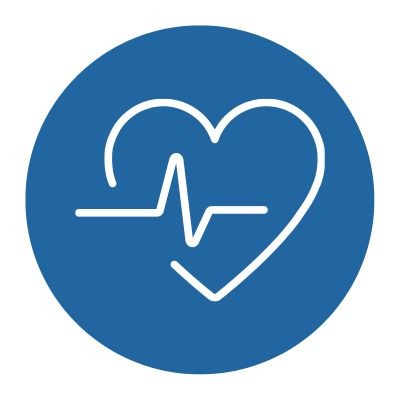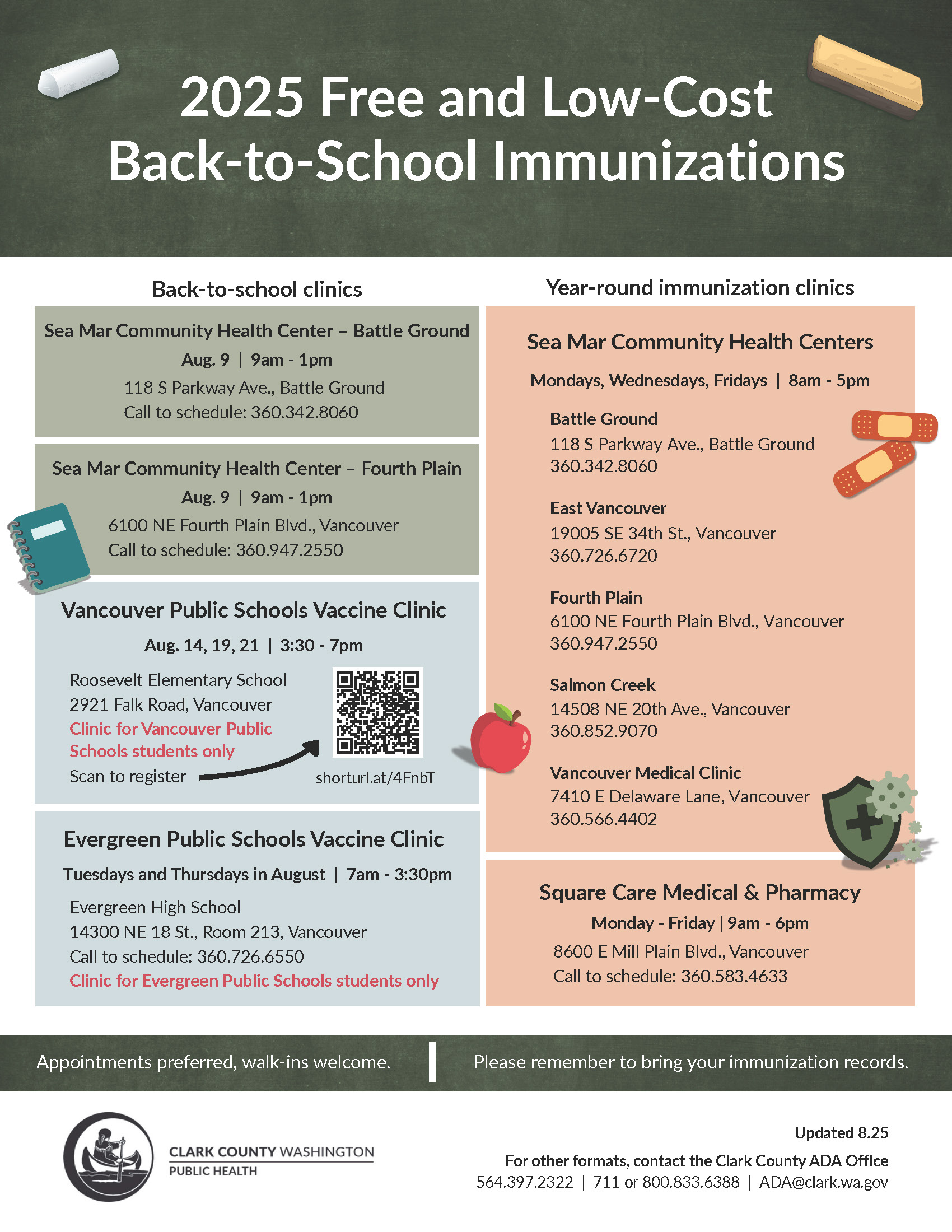If there is a measles case in a Battle Ground school, Clark County Public Health will require at least a 21-day exclusion period for all people, including students and staff, who have not provided adequate documentation of measles immunity.
Proof of immunity
Individuals born before 1957 are considered immune. Options for providing proof of immunity for those born after 1957 include:
Laboratory confirmation of measles disease
Laboratory evidence of immunity to measles (known as a blood titer)
Physician-signed or clinic-verified documentation the vaccine
Two doses for children ages 4+ and adolescents
At least one dose for adults. However, in some cases, those with only a single dose may be required to get a second dose to continue working or attending school. Without a second dose, they may be excluded.
How to access vaccine records for Washington state
Looking for your own vaccine records, or records for your child? You can view and print your immunization history through MyIR, Washington’s immunization record portal.
How to submit proof of measles immunity
Parents: Contact your child's school nurse or upload your child's documents into Skyward.
Staff: Bring your evidence of immunity to the district office at CASEE A or email it to humanresources@battlegroundps.org. Please include the following information in the subject line: School, Measles, Last Name.


